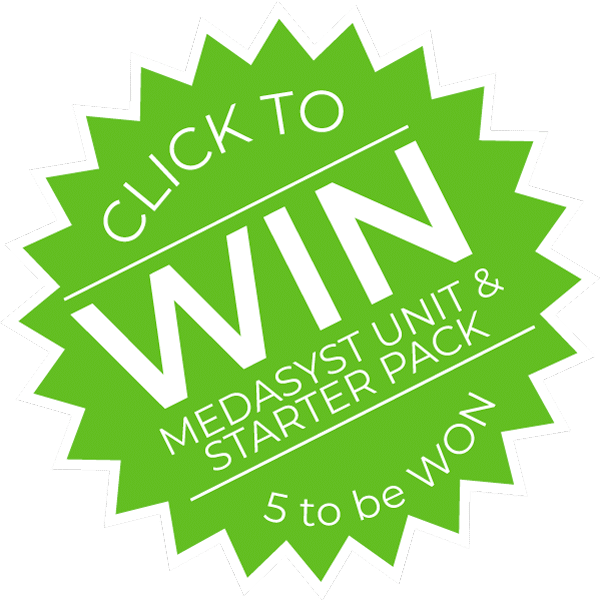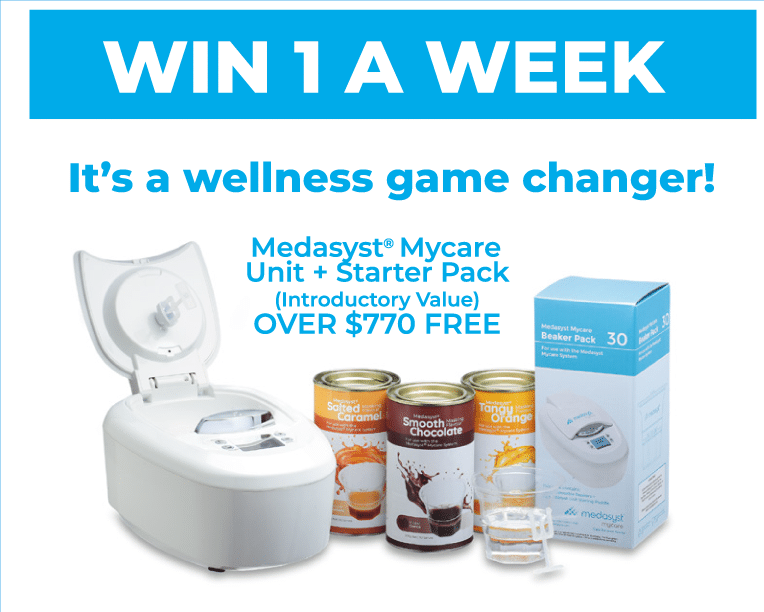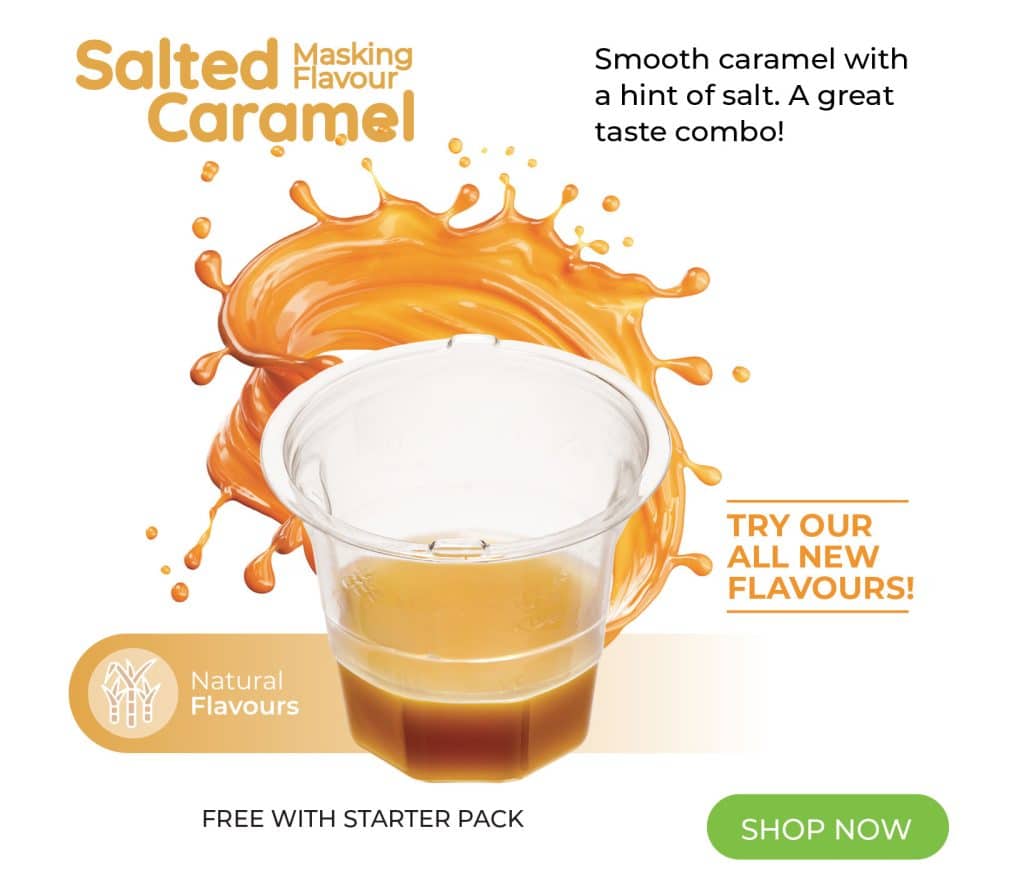Medasyst MyCare dysphagia solution for swallowing difficulties, or what the clinical term defines as Dysphagia, represent a significant and often under-appreciated challenge in healthcare. They can threaten nutrition, hydration, independence and dignity. At the same time, taking tablets or solid medications can pose a major barrier for people with dysphagia. That’s why the Medasyst MyCare Unit stands out: it directly addresses this medication barrier, offering a safer, smarter way for people who struggle to swallow tablets.
In this blog post we’ll explore:
-
What dysphagia is, how common and serious it is
-
The specific challenge of taking solid medications for people with swallowing difficulties
-
How the Medasyst MyCare Unit works, and why it is a game-changer
-
Practical real-world benefits for patients, carers and health systems
-
Key takeaway considerations for anyone responsible for supporting people with dysphagia
Understanding Dysphagia: A Hidden but Critical Problem. Medasyst solution for swallowing difficulties
What is dysphagia?
Dysphagia is the medical term for difficulty swallowing — the process by which food, liquid or medication moves safely from the mouth to the stomach. Mayo Clinic+2Verywell Health+2 The act of swallowing involves a complex coordination of muscles, nerves and structures in the mouth, throat (pharynx), voice box (larynx) and the oesophagus. Stanford Medicine+1
Why it matters
When swallowing goes wrong, the consequences can be serious. People with dysphagia are at risk of:
-
Malnutrition and dehydration (because they avoid or struggle with food/liquid) ASHA+1
-
Aspiration (food, liquid or medication entering the airway/lungs) leading to pneumonia or lung infections Johns Hopkins Medicine+1
-
Reduced quality of life, social isolation (because eating/drinking becomes stressful) ASHA
-
Additional caregiver burden and healthcare costs ASHA+1
Causes & prevalence
Dysphagia is more common than many realise. It can occur in – for example:
-
Older adults (age-related changes) Mayo Clinic+1
-
People with neurological conditions (stroke, Parkinson’s disease, dementia) Stanford Medicine+1
-
Those with structural or muscular disorders of the throat/oesophagus Merck Manuals+1
-
People in long-term care, or with other chronic health conditions
Types & classification
Often dysphagia is classified by where the problem is:
-
Oropharyngeal (mouth/throat) — trouble initiating a swallow or moving bolus to oesophagus. Mayo Clinic McPress
-
Oesophageal — trouble with passage through the oesophagus (food feels “stuck”). Northwestern Medicine
Given all this, it becomes clear why innovation in this space is so important.
The Medication Challenge in Dysphagia, Why Tablets Are a Barrier. Medasyst solution for swallowing difficulties
For many people with dysphagia, swallowing solid medications (tablets, capsules) is a significant hurdle. Key issues include:
-
Physical difficulty: The tablet may feel large, can get stuck, or require excessive effort to swallow.
-
Risk of choking, aspiration or discomfort.
-
Conventional “solutions” such as crushing tablets, hiding them in food, or modifying their form, may compromise dose-accuracy, alter bioavailability, or carry safety/medication-governance issues.
-
Carers and clinicians are often under-resourced to manage bespoke solutions for each patient.
This is where the gap has been: ensuring that people who need medications but cannot safely swallow tablets still receive the correct dose, reliably and safely.
Introducing the Medasyst MyCare System, A Tailored Solution for Swallowing Difficulties
Enter the Medasyst MyCare Unit, developed by Medasyst Pty Ltd, to address exactly this challenge. According to their website:
“Discover MyCare by Medasyst — the ultrasonic tablet liquefier that transforms pills into ready-to-drink liquid. Perfect for dysphagia, aged care, and home care medication solutions.” Medasyst+1
How it works
-
The MyCare Unit uses gentle ultrasonic energy (not heat) to liquefy solid tablets/capsules into a precisely measured liquid dose. Medasyst+1
-
The system includes a dedicated beaker (UltraClear™ Daily Disposable Beaker) and masking flavour options (e.g., Smooth Chocolate, Salted Caramel, Tangy Orange) to make the liquid dose more palatable. Medasyst+1
-
The MyCare system is designed for home, aged-care or clinical use, supporting medication routines and alignment with clinical plans rather than ad-hoc pill-crushing. Medasyst+1
Why this matters
-
Safety: Rather than having to swallow large tablets or risk them getting stuck, patients receive a smooth liquid. Medasyst emphasises that this “reduces choking and aspiration risk”. Medasyst+1
-
Adherence & dignity: By simplifying medication intake, the system helps restore independence, reduce stress for carers and patients alike, and maintain medication adherence. Medasyst+1
-
Accuracy: As opposed to crushing tablets into food (where there’s risk of loss, incorrect dosing, altered absorption), the MyCare process preserves drug integrity and ensures correct dosage delivery. Medasyst+1
-
Ease for carers & clinicians: The system supports scheduled reminders and integrates into care routines, making it easier to manage multiple medications safely at home. Medasyst
Real-World Benefits & Impact: Medasyst solution for swallowing difficulties
For patients
-
The confidence of taking their medications without fear of choking or refusal, that sense of regained control matters.
-
Enhanced comfort and improved medication experience (taste, swallow-texture) thanks to masking flavours.
-
Greater chance of staying compliant with medication regimens, which supports better health outcomes.
For carers & aged-care settings
-
Reduced cognitive load, stress and risk associated with ad-hoc pill-crushing or alternative preparations.
-
Standardised approach to managing difficult-to-swallow medications, improving safety governance.
-
Time savings and fewer complications (e.g., aspiration events, unplanned hospitalisations).
For the healthcare system
-
Potential reduction in downstream costs associated with complications of dysphagia (aspiration pneumonia, malnutrition, hospital admission).
-
Better medication adherence may reduce medication-failure events, reduce readmissions, and improve overall health outcomes.
-
Addressing a niche but significant need in aged-care, home-care and chronic-disease management aligns with broader health-system goals (aging population, complexity of polypharmacy, dysphagia burden).
Spotlight on Medasyst’s Position in Australia
Being based in Australia, Medasyst is well-positioned for local healthcare, aged-care and home-care markets. Their site highlights:
-
The MyCare System is specifically designed for hard-to-swallow solid medications and supplements. Medasyst
-
They provide ongoing consumable support (beakers, flavours) and guidance for use in home-care settings. Medasyst
-
There is a clear value proposition for aged-care homes and home-care patients who have swallowing difficulties.
For professionals working in aged-care, home-care, pharmaceutical dispensing or nursing support, this means: When you have a patient with dysphagia who must take tablets, the MyCare System is a practical tool to integrate into the care plan.
Key Considerations When Implementing
When deploying a system like MyCare, it’s important to keep in mind several factors:
-
Medication compatibility
-
Always check with the pharmacist or prescriber that the specific tablet or capsule is appropriate to be liquefied by ultrasonic means.
-
Ensure no contraindications (e.g., extended-release, enteric-coated medications) unless explicitly approved.
-
-
Clinical oversight & documentation
-
Integrate into the patient’s medication management plan – document changes in form, administration route, timing.
-
Monitor for effectiveness and any unexpected variation (absorption, onset of action, side-effects) when form is changed.
-
-
Training & safe use
-
Ensure carers/nursing staff are trained in how to use the unit, handle dosing beakers, mix flavours, clean appropriately.
-
Understand hygiene, cross-contamination risks, storage of mixed doses.
-
-
Patient-centred approach
-
Discuss with the patient (and family) their preferences for flavour/taste, swallow comfort and incorporate their feedback.
-
Evaluate swallowing ability, cognition, coordination and monitor for improvement or decline.
-
-
Review & audit
-
Track medication adherence, incidence of choking/coughing events, hydration/nutrition status, aspiration risk.
-
Update swallowing-risk assessments and liaise with speech-language pathologists (SLPs) and other allied health as needed.
-
Why This Matters More Than Ever: Medasyst solution for swallowing difficulties
With ageing populations, increasing chronic disease burden, and polypharmacy as a standard, the intersection of dysphagia and medication management is only growing. Some further observations:
-
Traditional interventions for dysphagia focus on food texture modification, thickened liquids and swallowing rehabilitation. Verywell Health+1
-
But medication swallowing has often been relegated to “crush-and-hide”, which carries risks of incorrect dosing, decreased medication efficacy, and increased care burden.
-
Innovations like the Medasyst MyCare Unit represent a shift toward personalised, dignified, safe medication delivery for a vulnerable cohort.
-
The value of such devices aligns with broader trends of home-care, aged-care innovation, consumer-centric health technology and medication safety.
Final Thoughts: Medasyst MyCare dysphagia solution for swallowing difficulties
If you or someone you support suffers from swallowing difficulties, every tablet taken can feel like a hurdle. But it doesn’t have to be. The Medasyst MyCare system offers a meaningful leap forward — transforming tablets into easy-to-swallow liquids, reducing risks, easing care and restoring dignity.
For professionals in aged-care, home-care, pharmacy, nursing or allied health: this is not just a novel gadget. It’s part of a broader care-pathway for dysphagia. It bridges the gap between “we know swallowing is a problem” and “here’s a practical, scalable solution”.
Further Reading & Sources
-
Mayo Clinic: “Dysphagia – Symptoms & causes”. https://www.mayoclinic.org/diseases-conditions/dysphagia/symptoms-causes/syc-20372028 Mayo Clinic
-
Cleveland Clinic: “Dysphagia (Difficulty Swallowing)”. https://my.clevelandclinic.org/health/symptoms/21195-dysphagia-difficulty-swallowing Cleveland Clinic
-
American Speech-Language-Hearing Association (ASHA): “Adult Dysphagia – Clinical Topics”. https://www.asha.org/Practice-Portal/Clinical-Topics/Adult-Dysphagia/ ASHA
-
Medasyst: “Safe Swallowing at Home – Medasyst Dysphagia Medication Assistance Device”. https://medasyst.com/safe-swallowing-at-home-medasyst-dysphagia-medication-assistance-device/ Medasyst
-
Medasyst: “Medasyst MyCare: Revolutionising Dysphagia Care in Australia”. https://medasyst.com/medasyst-mycare-revolutionising-dysphagia-care-in-australia/ Medasyst






